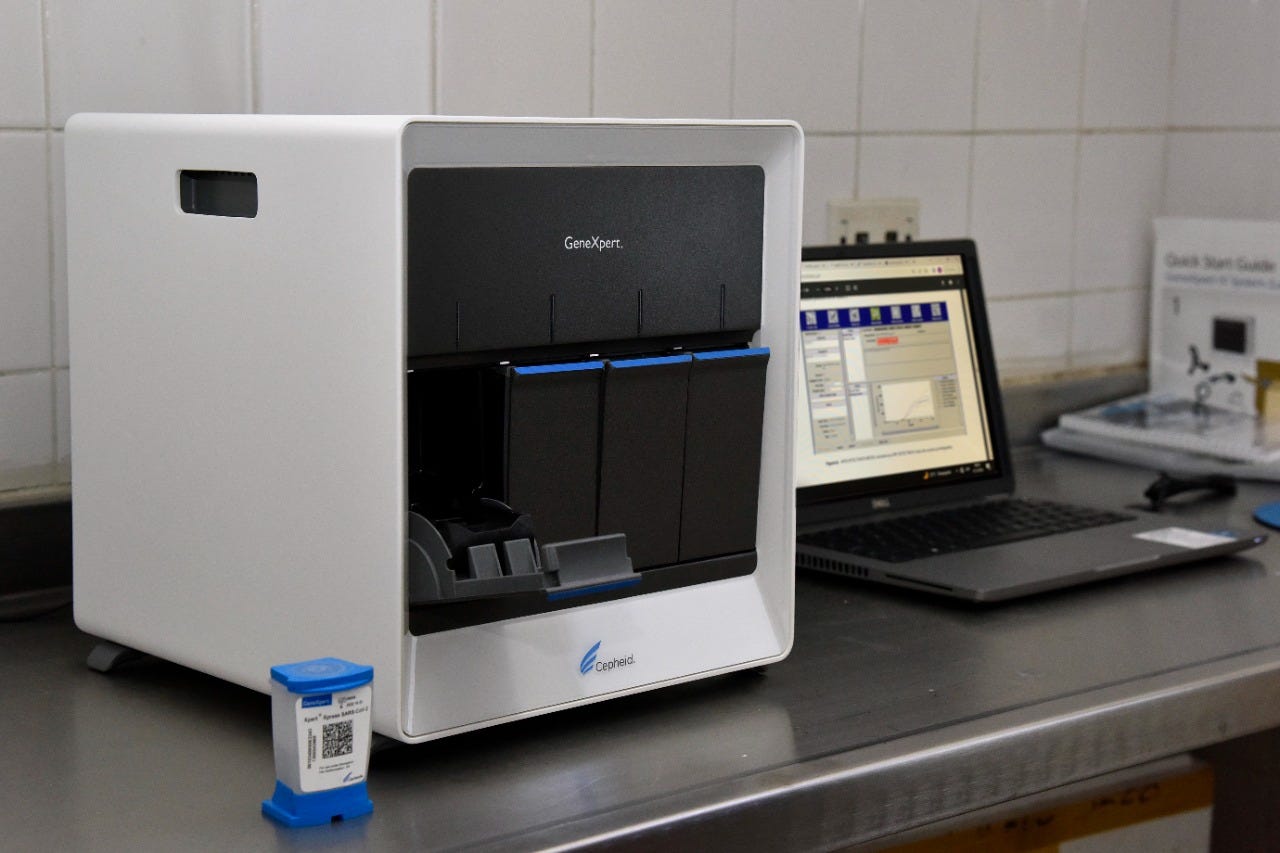New Cases of Tuberculosis in Malawi Linked to Poverty
Despite efforts to eliminate tuberculosis by 2030, new cases of presumptive tuberculosis continue to emerge, rather than seeing a tremendous drop in new cases, writes Brenard Mwanza.
Malawi-Despite efforts to eliminate tuberculosis by 2030, new cases of presumptive tuberculosis continue to emerge, rather than seeing a tremendous drop in new cases, writes Brenard Mwanza.
Poverty has been identified as one of the leading causes contributing to the rise of cases of tuberculosis.
According to health experts, crowded and poorly ventilated living and working environments often associated with poverty increase the likelihood of uninfected individuals being exposed to tuberculosis infection, as airflow is compromised.
Malnutrition and hunger, which are also associated with poverty, may increase susceptibility to infection, disease, and the severity of the clinical outcome.
Stakeholders believe that concerted efforts are key to addressing the poor living standards of most citizens in Malawi, where over half of the country's population is living in poverty, according to a recent World Bank Poverty Assessment report.
The report recommended that the government address poverty mainly through agricultural productivity.
In an interview, health analyst George Jobe said, "It would be more important to have a housing program where people would be supported through loans to build better houses that have good ventilation structures, and the Ministry of Lands should devise deliberate mechanisms on how to support people with better housing plans."
He also emphasized the importance of enhancing modern cooking methods to reduce chances of direct contact with smoke from firewood, which he hinted was hazardous to people.
The chairperson of the Social and Community Affairs committee of parliament, Savel Kafwafwa, believes that addressing the poor living standards mostly among the elderly, who are mostly at risk of contracting the infection, maybe a way to go in the tuberculosis elimination drive.
"We are advocating that the government increase the money that is sent for social cash transfer programs so that it should be enough to cater for all daily needs as it turned to be too little due to inflation," he said.
The National Tuberculosis and Leprosy Elimination Program, which is under the Ministry of Health, has been working hard to address some challenges that are derailing efforts to fight tuberculosis.
The United Nations’ sustainable development goal number one talks about ending extreme poverty by 2030, with a target to have no more than three percent of the world's population living on just $1.90 a day, which is close to MK2,000 a day.
Ending poverty is possible if all hands are joined.
The fight against tuberculosis will surely be won by 2030 if such efforts to end poverty are advanced.



